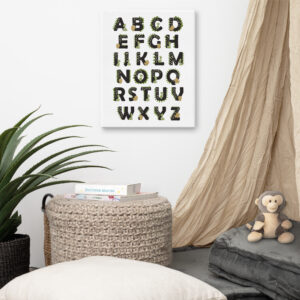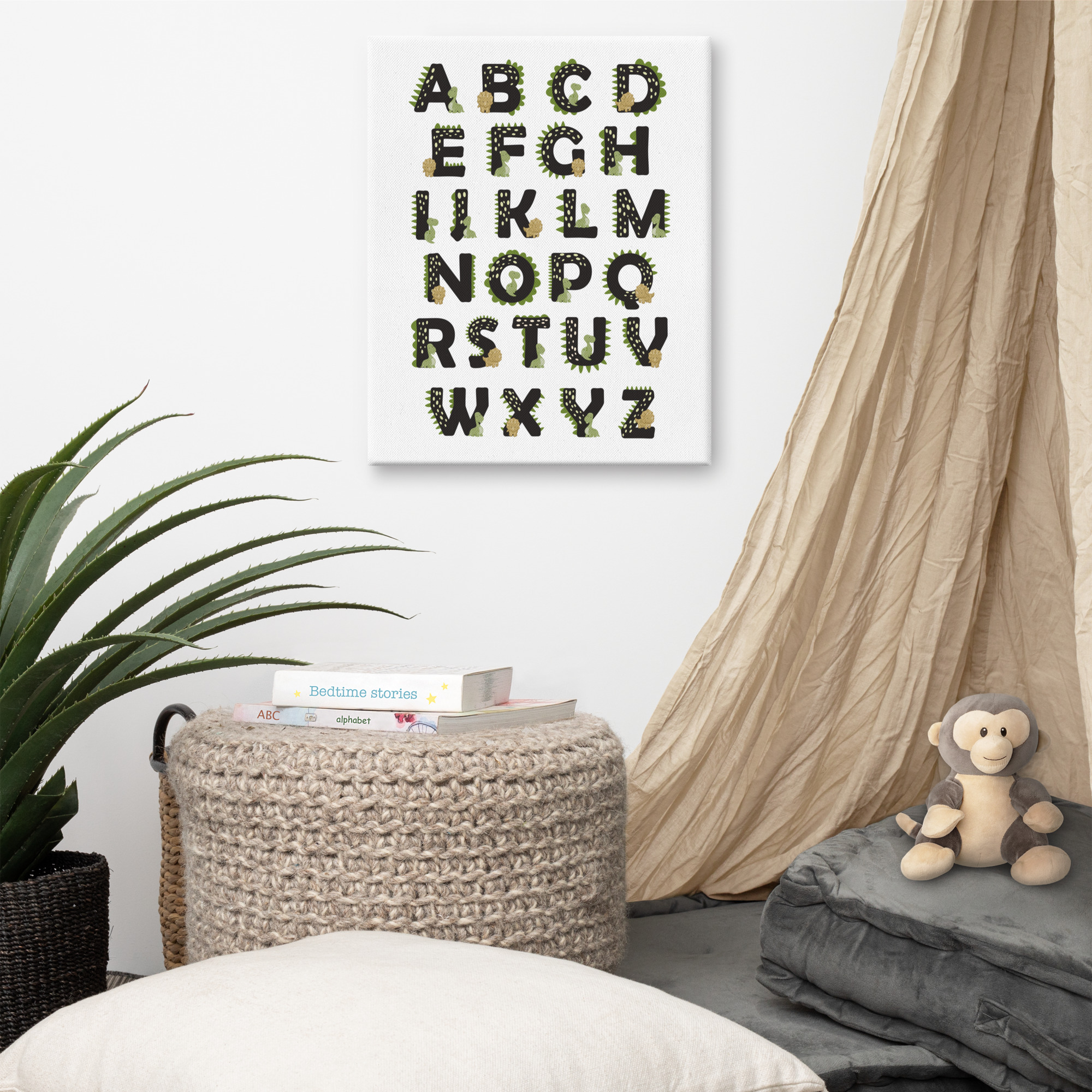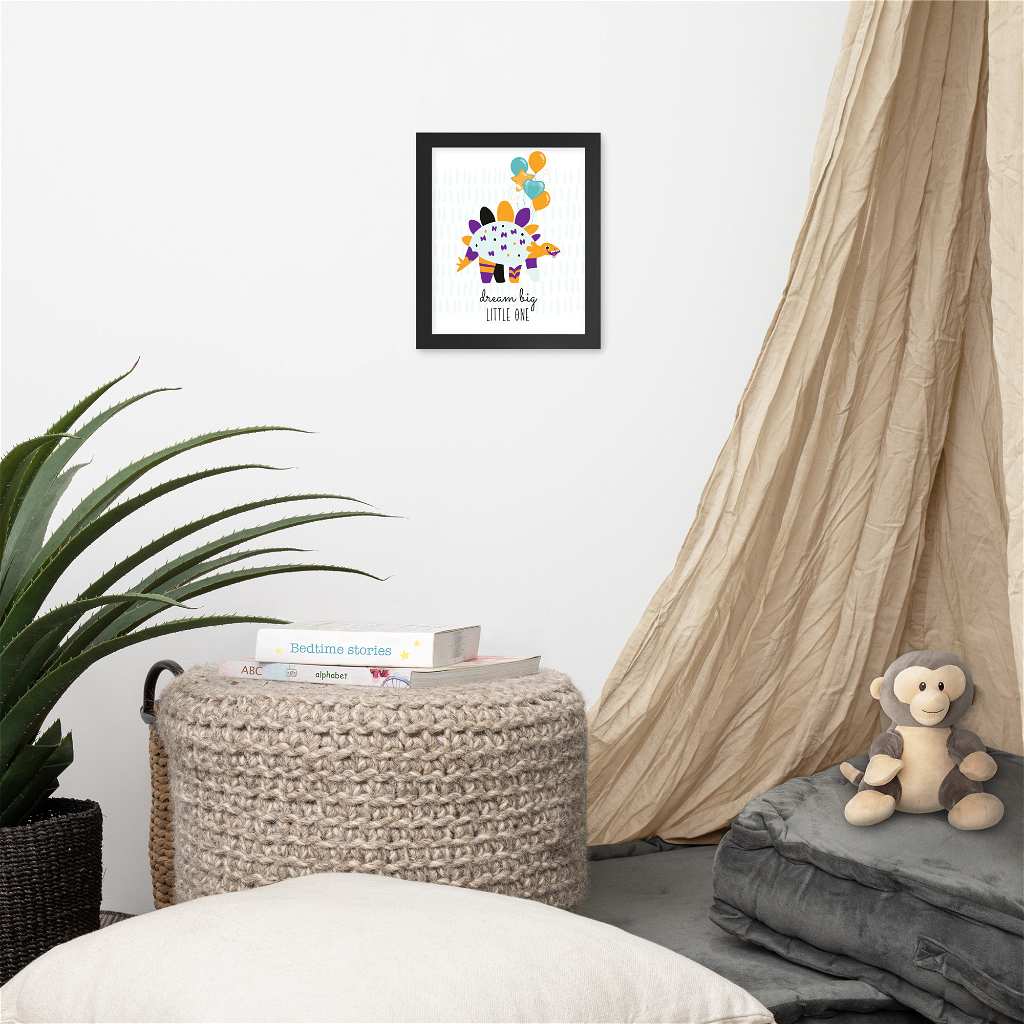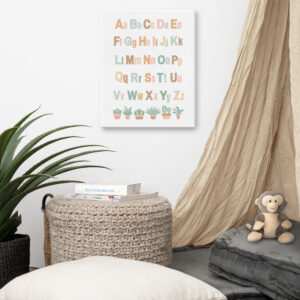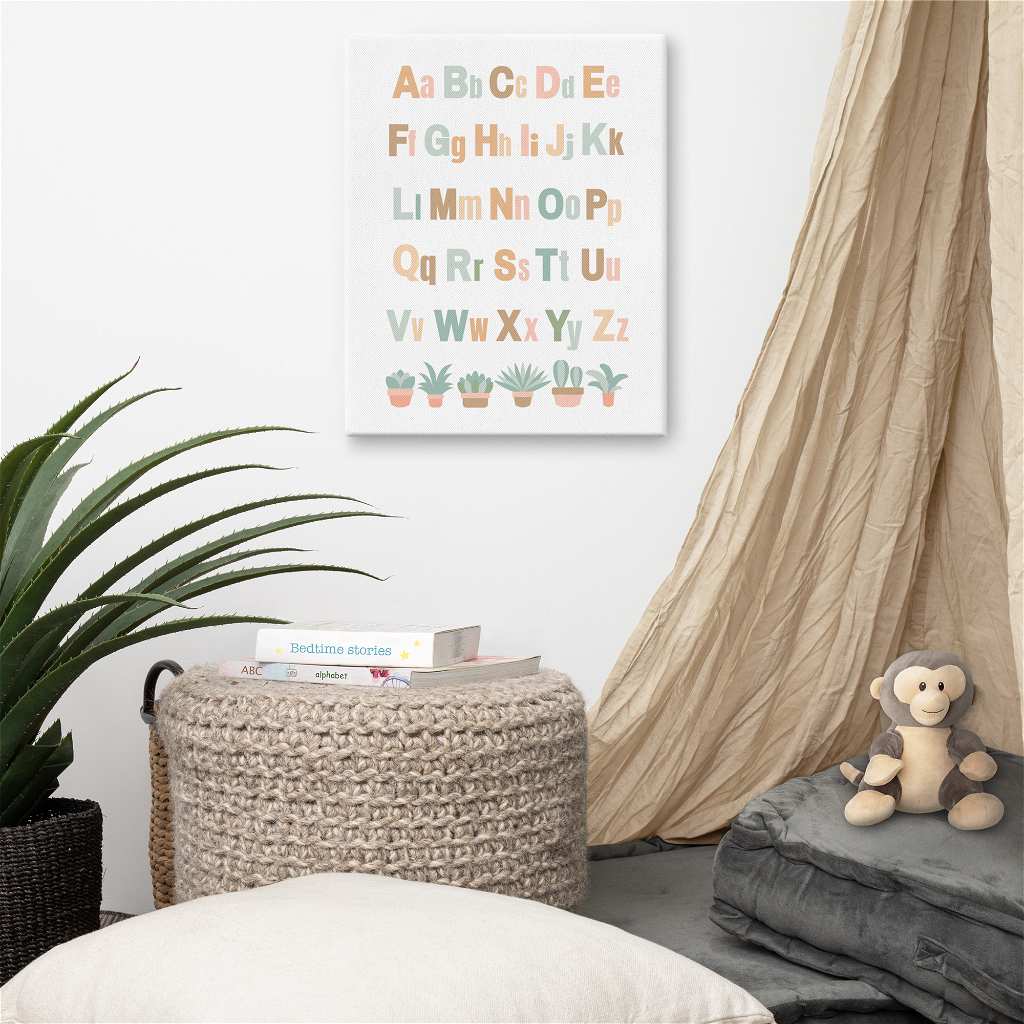Empty cart
No products in the cart.
Return to Shop
Gifts for Kids
Make kids’ dreams come true with personalized gifts that ignite their imagination. Whether it’s a birthday, holiday, or just because, our custom prints add a whimsical and personal touch to every gift. Explore our selection and find the perfect way to delight and inspire the little ones in your life.
Showing 1–24 of 81 results
See
“Baby’s First Christmas” Stuffed Animals with Tee
$27.37Created to put ear-to-ear smiles on any child, these stuffed animals come with a playful attitude and customizable tees. Each plushie is 8″ tall, features polyester and plastic pellet stuffing, while their tees are 100% cotton. Perfect for ages 3+. Available animals: Panda, Lion, Bear, Bunny, Jaguar, and Sheep. .: Toy: Cotton and polyester blend […]
“Childish Cat Ballet” Birthday Party Invitation Card
$2.50Product Details:
• Personalization Available (See Below)
• Cardboard paper
• Paper weight: 7.67–10.32 oz/yd² (260–350 g/m²)
• Size: 4″ × 6″ (101 × 152 mm)
• Paper thickness: 0.013″ (0.34 mm)
• Coated outer surface
“Childish Dino Car” Birthday Party Invitation Card
$2.50Product Details:
• Personalization Available (See Below)
• Cardboard paper
• Paper weight: 7.67–10.32 oz/yd² (260–350 g/m²)
• Size: 4″ × 6″ (101 × 152 mm)
• Paper thickness: 0.013″ (0.34 mm)
• Coated outer surface
“Childish Dinosaurs” Birthday Party Invitation Card
$2.50Product Details:
• Personalization Available (See Below)
• Cardboard paper
• Paper weight: 7.67–10.32 oz/yd² (260–350 g/m²)
• Size: 4″ × 6″ (101 × 152 mm)
• Paper thickness: 0.013″ (0.34 mm)
• Coated outer surface
“Childish Hot Air Balloon” Birthday Party Invitation Card
$2.50Product Details:
• Personalization Available (See Below)
• Cardboard paper
• Paper weight: 7.67–10.32 oz/yd² (260–350 g/m²)
• Size: 4″ × 6″ (101 × 152 mm)
• Paper thickness: 0.013″ (0.34 mm)
• Coated outer surface
“Christmas Cutie” Toddler Short Sleeve Tee
$25.00 Heather Columbia Blue Pink Black White+2Show more
Product Details:
• 100% combed and ring-spun cotton
• Fabric weight: 4.2 oz/yd² (142 g/m²)
• Relaxed fit for extra comfort
• Side-seamed construction
• Pre-shrunk fabric
“Colorful Artic Animals” Kindergarten Poster
$22.00 – $30.00Product Details:
• Paper thickness: 10.3 mil
• Paper weight: 189 g/m²
• Opacity: 94%
• ISO brightness: 104%
“Colorful Cute Unicorn” Kids Mug
$15.50 – $16.50 Dark Blue Dark green Golden Yellow Green Orange Pink Black Blue Red Yellow+8Show more
Product Details:
• Ceramic
• 11 oz mug dimensions: 3.79″ (9.6 cm) in height, 3.25″ (8.3 cm) in diameter
• 15 oz mug dimensions: 4.69″ (11.9 cm) in height, 3.35″ (8.5 cm) in diameter
• Colored rim, inside, and handle
• Dishwasher and microwave safe
“Colorful Farm Animals” Kindergarten Poster
$22.00 – $30.00Product Details:
• Paper thickness: 10.3 mil
• Paper weight: 189 g/m²
• Opacity: 94%
• ISO brightness: 104%
“Colorful Forest Animals” Kindergarten Poster
$22.00 – $30.00Product Details:
• Paper thickness: 10.3 mil
• Paper weight: 189 g/m²
• Opacity: 94%
• ISO brightness: 104%
“Colorful Ocean Animals” Kindergarten Poster
$22.00 – $30.00Product Details:
• Paper thickness: 10.3 mil
• Paper weight: 189 g/m²
• Opacity: 94%
• ISO brightness: 104%
“Colorful Reptiles Animals” Kindergarten Poster
$22.00 – $30.00Product Details:
• Paper thickness: 10.3 mil
• Paper weight: 189 g/m²
• Opacity: 94%
• ISO brightness: 104%
“Colorful Zoo Animals” Kindergarten Poster
$22.00 – $30.00Product Details:
• Paper thickness: 10.3 mil
• Paper weight: 189 g/m²
• Opacity: 94%
• ISO brightness: 104%
“Colourful Rocket” Kids Pillow
$25.50 – $28.50Product Details:
• 100% polyester case and insert
• Fabric weight: 6.49–8.85 oz/yd² (220–300 g/m²)
• Hidden zipper
• Machine-washable case
• Shape-retaining polyester insert included (handwash only)
“Dino Party” Birthday Invitation Card
$2.50Product Details:
• Personalization Available (See Below)
• Cardboard paper
• Paper weight: 7.67–10.32 oz/yd² (260–350 g/m²)
• Size: 4″ × 6″ (101 × 152 mm)
• Paper thickness: 0.013″ (0.34 mm)
• Coated outer surface
“Dinosaur Alphabet” Nursery Canvas Print
$50.50 – $104.00Product Details:
• Acid-free, PH-neutral, poly-cotton base
• 20.5 mil (0.5 mm) thick poly-cotton blend canvas
• Canvas fabric weight: 13.9 oz/yd2(470 g/m²)
• Fade-resistant
• Hand-stretched over solid wood stretcher bars
• Matte finish coating
• 1.5″ (3.81 cm) deep
• Mounting brackets included
“Dinosaur Alphabet” Nursery Framed Poster
$32.00 – $125.00 Red Oak Black White+1Show more
Product Details:
• Ayous wood .75″ (1.9 cm) thick frame from renewable forests
• Paper thickness: 10.3 mil (0.26 mm)
• Paper weight: 189 g/m²
• Lightweight
• Acrylite front protector
• Hanging hardware included
“Dog Person” Embroidered Vintage Cotton Twill Cap
$24.50 Charcoal Grey Maroon Navy Black+2Show more
Everybody knows that dad caps are no longer just for dads, so get an embroidered cotton twill cap for yourself! This one’s really special thanks to the intricate embroidery detail and the washed out vintage feel. • 100% cotton twill • 6-panel unstructured cap with a low profile • 6 sewn eyelets • Black sweatband […]
“Dream Big Little One” Nursery Framed Poster
$46.50 – $124.50 Red Oak Black White+1Show more
Product Details:
• Ayous wood .75″ (1.9 cm) thick frame from renewable forests
• Paper thickness: 10.3 mil (0.26 mm)
• Paper weight: 189 g/m²
• Lightweight
• Acrylite front protector
• Hanging hardware included
“Dream Big” Nursery Framed Poster
$31.50 – $124.00 Red Oak Black White+1Show more
Presenting the “Dream Big” Nursery Framed Poster, an exquisite addition to our collection of Nursery Framed Posters. This piece is more than just a decorative element; it’s a source of inspiration and a sophisticated addition to your child’s nursery, combining the elegance of nursery art prints with the timeless message of aspiration and hope. The […]
“Dream Big” Nursery Framed Poster
$31.50 – $124.00 Red Oak Black White+1Show more
Product Details:
• Ayous wood .75″ (1.9 cm) thick frame from renewable forests
• Paper thickness: 10.3 mil (0.26 mm)
• Paper weight: 189 g/m²
• Lightweight
• Acrylite front protector
• Hanging hardware included
“Dream Big” Nursery Poster
$9.50 – $30.50Product Details:
• Paper thickness: 10.3 mil
• Paper weight: 189 g/m²
• Opacity: 94%
• ISO brightness: 104%
“Educational Alphabet” Nursery Canvas Print
$50.50 – $104.00Product Details:
• Acid-free, PH-neutral, poly-cotton base
• 20.5 mil (0.5 mm) thick poly-cotton blend canvas
• Canvas fabric weight: 13.9 oz/yd2(470 g/m²)
• Fade-resistant
• Hand-stretched over solid wood stretcher bars
• Matte finish coating
• 1.5″ (3.81 cm) deep
• Mounting brackets included
“Educational Alphabet” Nursery Framed Poster
$32.00 – $125.00 Red Oak Black White+1Show more
Product Details:
• Ayous wood .75″ (1.9 cm) thick frame from renewable forests
• Paper thickness: 10.3 mil (0.26 mm)
• Paper weight: 189 g/m²
• Lightweight
• Acrylite front protector
• Hanging hardware included
































